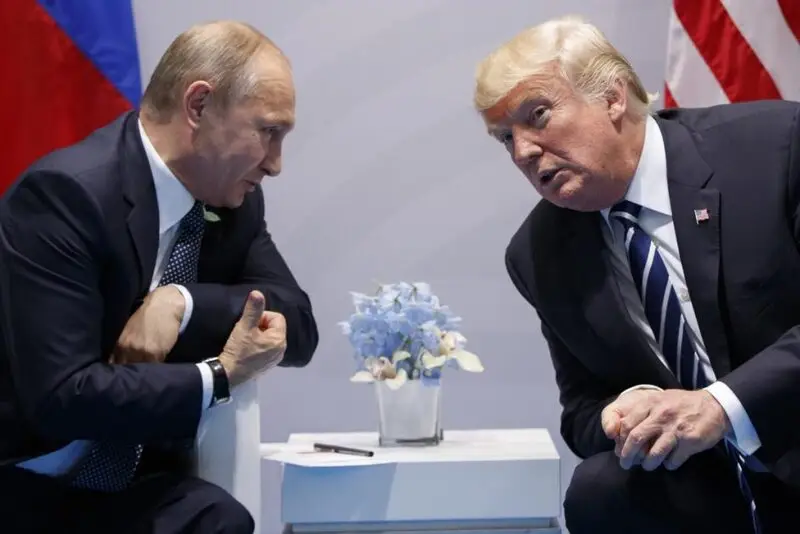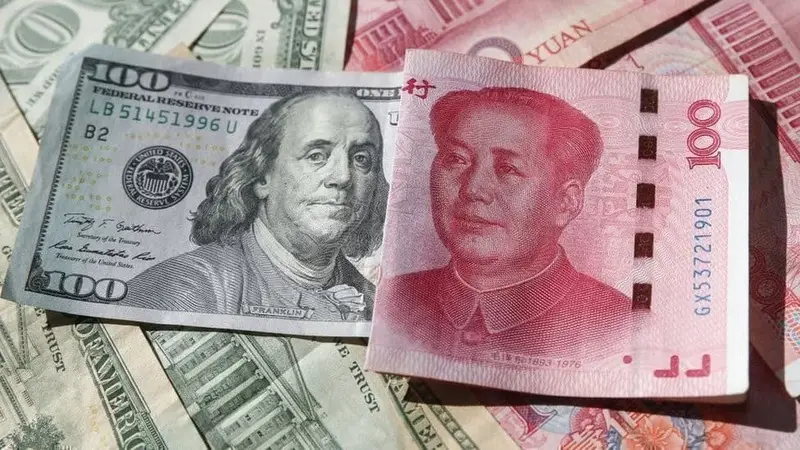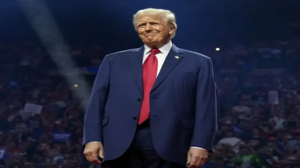Amid the growing geopolitical tensions between BRICS and the West, its de-dollarization efforts have seemingly faltered as experts predict the US dollar will strengthen in 2025. Indeed, analysts have noted that the greenback is set for a notable resurgence over the next year.
The potential arises as US President-elect Donald Trump has threatened 100% tariffs on the global south’s economic alliance. Specifically, he is targeting all nations that are looking to ditch the dollar in favor of local currencies. If it comes to fruition, it could go a long way toward strengthening the Western currency.

Also Read: BRICS’ Say Call to Move Away From The US Dollar is Growing
US Dollar Set to Strengthen in 2025 Despite BRICS’ Challenge
The last two years have been massive for the BRICS alliance. It has engaged in its first expansion effort since 2001 a year ago. Moreover, the bloc continued its growth efforts in 2024, introducing 13 partner nations that will play a key role in the integration of its ideals throughout the global south.
One of the key aspects of the group’s policies has been its attempts to challenge US dollar supremacy. Since 2022, Russia has sought to fend off Western sanctions, looking to its allies within the group. However, those BRICS de-dollarization efforts have made little headway, as experts predict the US dollar to strengthen in 2025.

Also Read: Donald Trump Tariff Threat Has China Eyeing Key Move to Ditch US Dollar
The Nomura Securities Global FX Strategy team has recently forecasted the currency to strengthen throughout the next year for two main reasons. Firstly, high inflation would limit the Federal Reserve’s ability to lower interest rates. Moreover, Donald Trump’s tariff policy is expected to have an impact on global economic activity.
There is no shortage of discourse surrounding Trump’s proposed tariff plan. Yet, its potential effectiveness is still eliciting debate on both sides of the issue. India has already spoken against a BRICS currency plan, succumbing to the pressure of the potential tariff. That may only encourage Trump and his aggressive international economic policies.






